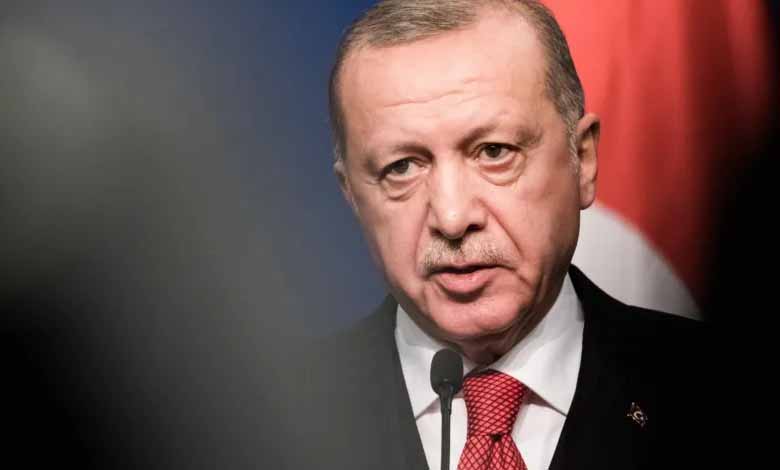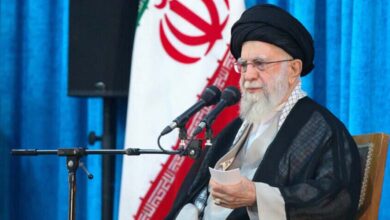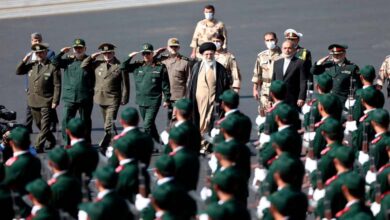Political changes in Tunisia… Why worry Erdogan?

Turkishminute.com explored the relationship of Turkey’s ruling Islamist Justice and Development Party (AKP) with Ennahdha, the interests it has brought together in recent years, and the reasons why the Erdogan regime supports the Brotherhood in Tunisia.
According to a report by the website, Turkey’s Justice and Development Party (AKP) seized a major opportunity by establishing strong relations with the Ennahdha government in 2012 and 2013, after the fall of Zine El Abidine Ben Ali, who ruled the country from 1987 to 2011. During this period, many Turkish diplomats, AKP leaders and pro-Erdogan NGOs flocked to Tunisia, Turkey and Tunisia signed a treaty of friendship and cooperation in 2011, and a high-level strategic cooperation council was established in 2012.
Bilateral trade between Turkey and Tunisia reached more than $1 billion by 2020, in addition to cooperation in mining, energy, food, and agriculture. The Tunisian Ministry of Defense signed a contract with the Turkish Aerospace Industries Corporation for the purchase of drones in 2020 at a value of $240 million, after rejecting a similar deal with Paris.
But the transition of power in Tunisia is increasingly worrying the Erdogan regime, not only in terms of Turkish investment being threatened, but also because it jeopardizes Turkey’s intervention in neighboring Libya, where Turkish forces have backed the UN-recognized Libyan Government of National Accord in its conflict with the Libyan National Army.
According to the report, Erdogan has already lost two close allies in the MENA region: “This has led Erdogan to work hard to prevent a political ban on Ennahdha, because he is likely to lose a political ally in Tunisia as he did in Egypt and Sudan, which could extend to neighboring Libya, where Turkey is betting its influence as the last remaining base of its presence in North Africa”.












